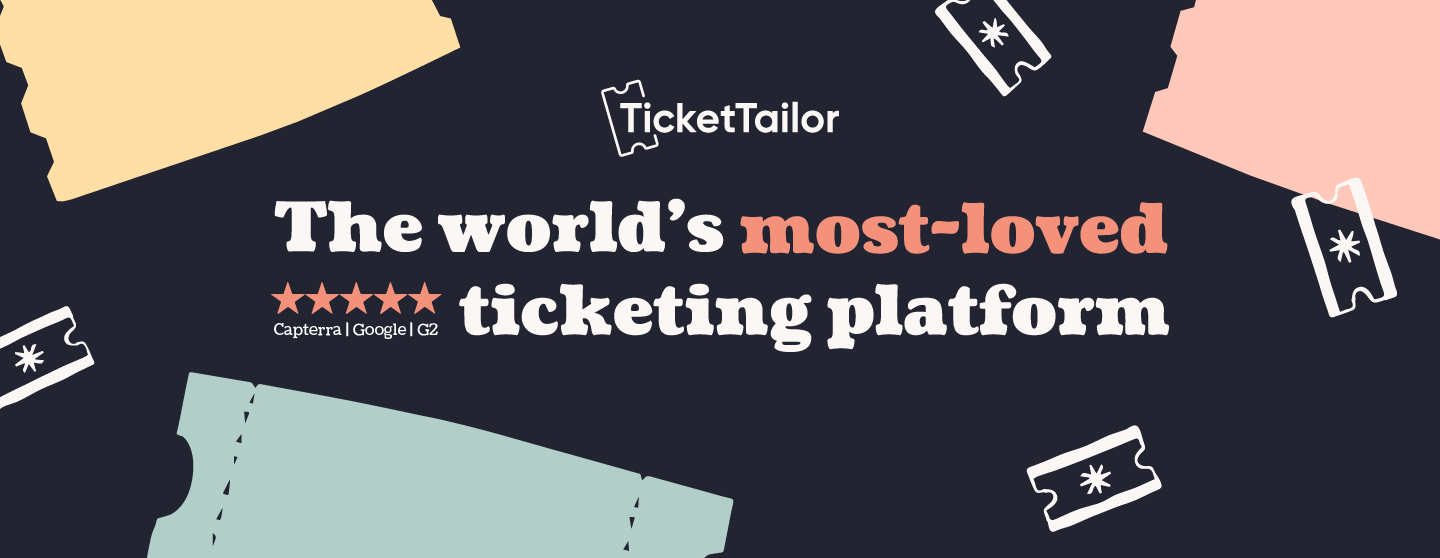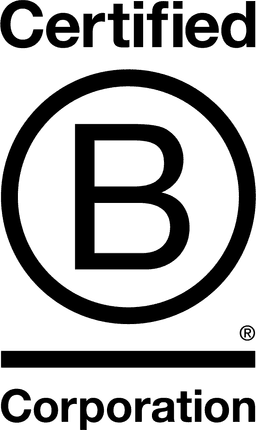

Ticket Tailor

City of London, United Kingdom
May 2022
Software publishing and SaaS platforms
Service with Minor Environmental Footprint
Australia,
Austria,
Canada,
France,
Germany,
India,
Ireland,
Italy,
Japan,
Jersey,
Man (Isle of),
Netherlands The,
New Zealand,
Norway,
Singapore,
Spain,
Sweden,
United Kingdom,
United States
At Ticket Tailor, our mission is to empower a diverse range of event creators by making it easy and affordable to sell tickets. Our flexible and fair pricing helps event budgets go further. First-class customer care means support is always on hand - day or night. We promise to put our Event Creators first — always. Users can choose between pay-as-you-go, or buying credits upfront to save. We also give charities, B Corps and PTAs 20% off. And if an event is free, so are we. Once a box office is up and running, events are totally customisable and we offer a huge range of features. Think seating charts, integration with popular tools, easy Add-ons and a free check-in app, for starters. Our team is small but mighty, driven by feedback and focussed on simplicity. We issue over 1M tickets every month for events of all shapes and sizes – from the UK’s only floating puppet theatre to Beyonce-themed bottomless brunches and sell-out Santa’s grottos. We’re also the world’s biggest independent ticketing platform. With no investors to answer to, or unrealistic growth targets (at the expense of things that matter). This allows us to grow on purpose – with purpose – so that every event ticket sold with Ticket Tailor can have a positive impact.
Overall B Impact Score
Governance 16.3
Governance evaluates a company's overall mission, engagement around its social/environmental impact, ethics, and transparency. This section also evaluates the ability of a company to protect their mission and formally consider stakeholders in decision making through their corporate structure (e.g. benefit corporation) or corporate governing documents.
What is this? A company with an Impact Business Model is intentionally designed to create a specific positive outcome for one of its stakeholders - such as workers, community, environment, or customers.
Workers 38.7
Workers evaluates a company’s contributions to its employees’ financial security, health & safety, wellness, career development, and engagement & satisfaction. In addition, this section recognizes business models designed to benefit workers, such as companies that are at least 40% owned by non-executive employees and those that have workforce development programs to support individuals with barriers to employment.
Community 46.0
Community evaluates a company’s engagement with and impact on the communities in which it operates, hires from, and sources from. Topics include diversity, equity & inclusion, economic impact, civic engagement, charitable giving, and supply chain management. In addition, this section recognizes business models that are designed to address specific community-oriented problems, such as poverty alleviation through fair trade sourcing or distribution via microenterprises, producer cooperative models, locally focused economic development, and formal charitable giving commitments.
What is this? A company with an Impact Business Model is intentionally designed to create a specific positive outcome for one of its stakeholders - such as workers, community, environment, or customers.
Environment 14.2
Environment evaluates a company’s overall environmental management practices as well as its impact on the air, climate, water, land, and biodiversity. This includes the direct impact of a company’s operations and, when applicable its supply chain and distribution channels. This section also recognizes companies with environmentally innovative production processes and those that sell products or services that have a positive environmental impact. Some examples might include products and services that create renewable energy, reduce consumption or waste, conserve land or wildlife, provide less toxic alternatives to the market, or educate people about environmental problems.
Customers 7.7
Customers evaluates a company’s stewardship of its customers through the quality of its products and services, ethical marketing, data privacy and security, and feedback channels. In addition, this section recognizes products or services that are designed to address a particular social problem for or through its customers, such as health or educational products, arts & media products, serving underserved customers/clients, and services that improve the social impact of other businesses or organizations.
What is this? A company with an Impact Business Model is intentionally designed to create a specific positive outcome for one of its stakeholders - such as workers, community, environment, or customers.